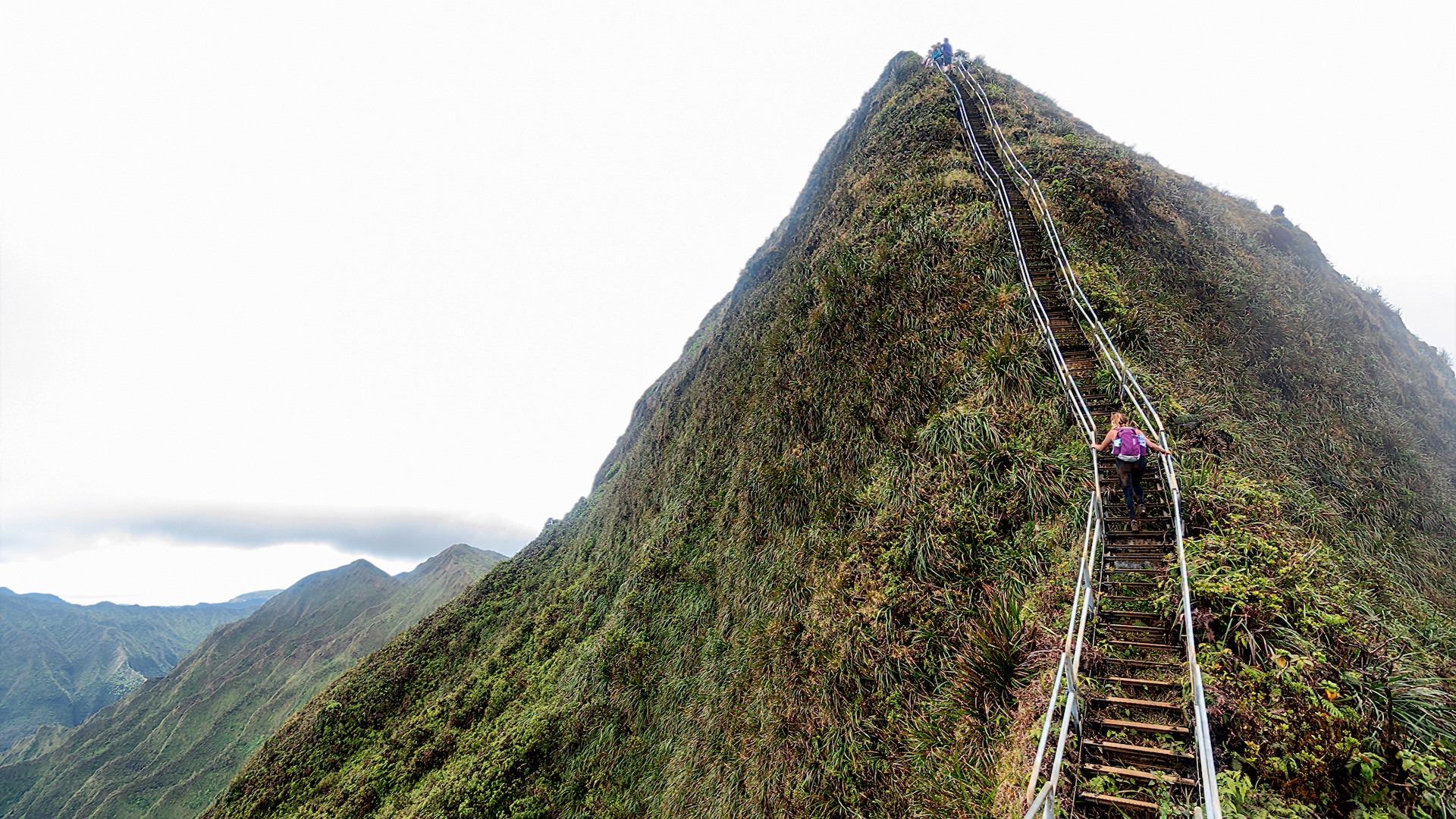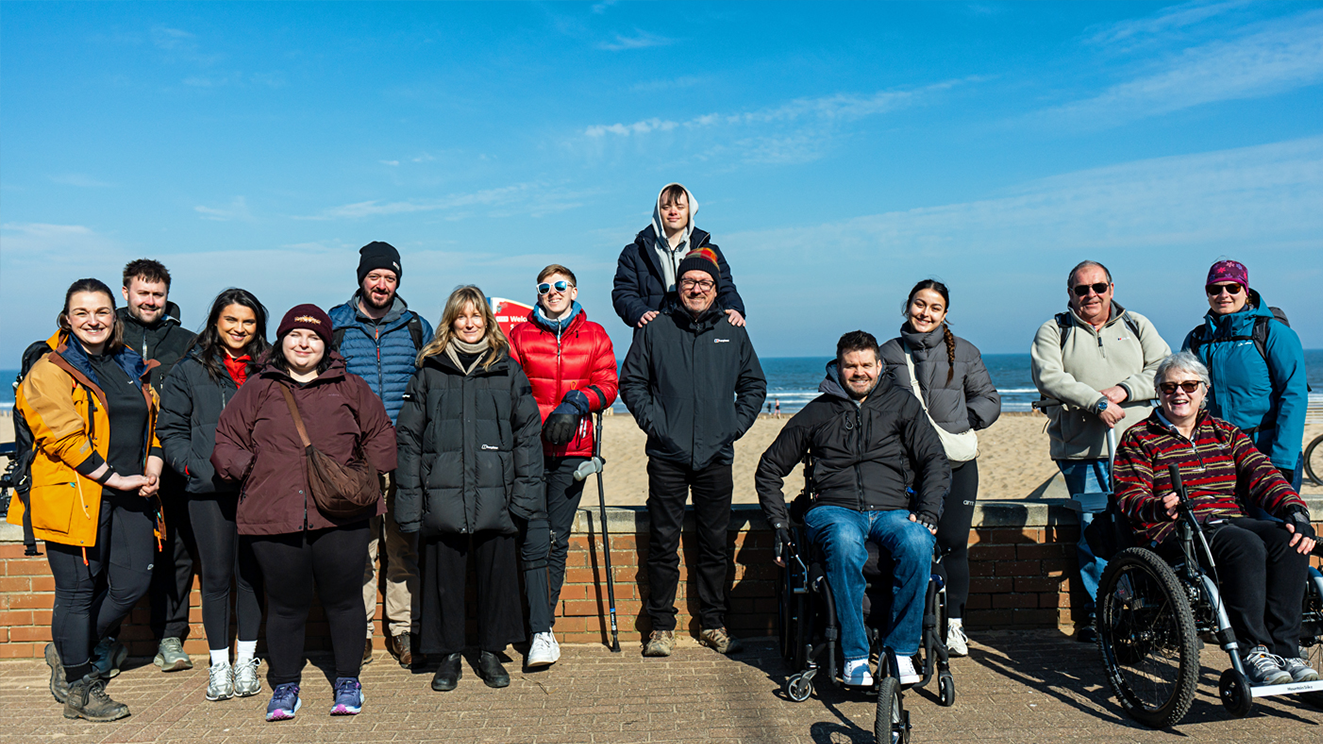Lawbreaking hikers in Hawaii will not have to pay to be rescued, state government decides
Two bills designed to charge people for their rescue if they ran into trouble on closed trails met with opposition from local emergency teams

Illegal hiking has been a big issue recently on Hawaii, with the demolition of the island state’s famous – though long-closed – Stairway to Heaven on Oahu last month encouraging droves of hikers to make the climb before it vanished forever.
But lawbreaking hikers who decide to trek along closed routes on the islands in the future have dodged a costly bullet.
Because a pair of bills that would have allowed Hawaii’s government to charge for the rescues of hikers who were walking on closed trails have not been passed into law.
The bills sought make trespassing hikers financially responsible for their own rescues, citing both increased spending on mountain rescue operations and the danger to first responders as reasons for the proposed move. The parties proposing the new legislation also hoped it would act as a deterrent for hikers considering venturing onto closed trails or terrain.
Both bills died in the Senate, along with a companion bill that would have established a “hike safe” card, the purchase of which would have helped to fund Search & Rescue operations as well.
While the bills drew support from some local residents and the state’s Department of Law Enforcement, the local fire departments – which are responsible for carrying out most of the rescues in the state – were opposed to the measures.
“What we don’t want is there to be a delay in initiating our response,” Captain Jaimie Song of the Honolulu Fire Department (HFD) told KHON2 news. “We just ask the public, if you can be safe and responsible in your hiking, not only does that keep you safer but it also helps to keep us a bit safer too.”
Advnture Newsletter
All the latest inspiration, tips and guides to help you plan your next Advnture!
The Honolulu Fire Department also pointed out that despite the recent controversy over the Stairway to Heaven, most rescues take place on perfectly legal open trails where hikers are free to roam. The Diamond Head trail saw the most rescues in the state in 2022, with a total of 40. Lanikai Pillbox was second with 26, and Koko Head Crater third with 17.
Idaho, Maine, New Hampshire, Oregon, South Dakota, and Vermont all have laws on which allow authorities to charge hikers for rescues under some circumstances, but only New Hampshire has been enforcing its rights with any regularity.
- The best hiking shoes 2024: trail-friendly shoes for all seasons
